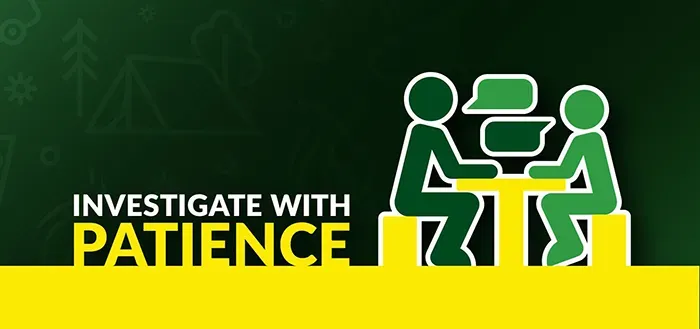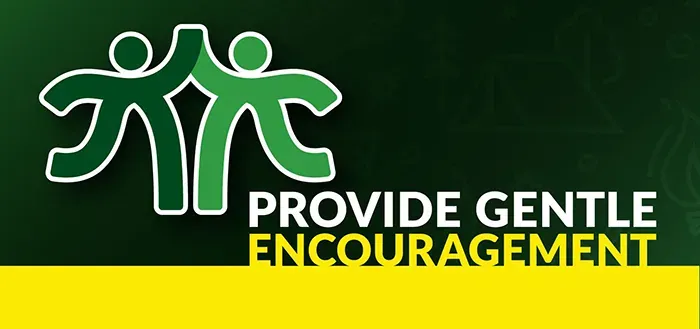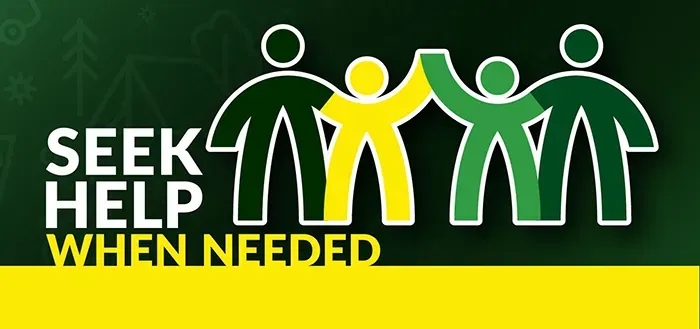Tips & Tricks to Deal with Reluctant Campers
June 27, 2024
At camp, we want campers to relax, make new friends, and have fun. But when a camper isn't into it, it can be challenging and frustrating for both campers and staff.
Understanding Reluctance
Campers may be reluctant for several reasons, from minor hesitations to more serious issues like illness or trauma. Learn your camp’s protocols for serious situations such as bullying, behavioral issues, or navigating traumatic events. Some situations will require trained professionals. Knowing how to handle common scenarios and the right steps to involve professionals when needed is crucial to camp success.
Imagine this...
You're a first-time camp counselor, excited for fun activities. You introduce yourself and do an icebreaker. Then, you notice a camper who looks uncomfortable or disengaged, chewing nails, keeping their head down, or sticking to the edges.
It’s official. You’ve got a reluctant camper on your hands. Here are some tips and tricks to get started in a reluctant camper scenario!

Investigate with Patience
Campers might be anxious, homesick, or introverted. It’s important not to jump to conclusions and to do a little investigating. There are a lot of reasons why campers might be upset or a little disconnected.
To get a better understanding, stay open and receptive to the camper’s answers to questions such as:
- Do you understand the activity, or do you need help?
- How are you feeling?
- Is there something you need?
- Have you had any problems today?
- Is there something I can help you with?
- Are you feeling sick, or do you need a break?
Identify Triggers
Reluctant campers are struggling with something. Avoid forced participation and respect their boundaries. They might not know why they feel a certain way, but most of the time they can tell you what they do or don't want in the moment.
Here are a few things to try:
- Watch the camper’s interactions for social obstacles.
- Listen for verbal cues such as “I can’t,” “I haven’t,” “I don’t know,” “At home, I,” and other cues indicating physical, emotional, or behavioral boundaries.
- If they struggle with an activity, build their confidence by emphasizing the importance of a positive experience over skill level.
- Break the activity into smaller steps or differently sized groups to explore comfort zones.
- Ask if there is a change that could be made to the activity that would help them participate.
- Adjust the activity to try to incorporate their interests.

Provide Gentle Encouragement
Forced participation never works out well. Sometimes allowing a camper to sit out is the best approach. This is a judgement call that every camp team will handle differently. But sometimes, some gentle encouragement is all it takes to help a camper adjust to camp life.
Try these simple phrases:
- “I know you can do it.”
- “I/We will help you do it.”
- “If you don’t try, you don’t know if you enjoy it.”
- “I would be very proud of you if you would try.”
- “You can choose who you want to be in this moment.”
- “You can choose how this moment affects you/your fellow campers.”
Show Empathy
Help campers understand their feelings. Building a connection takes time. Acknowledge their feelings and share similar experiences. Try lightening their mood with a joke or suggesting actions to help ease their feelings or to make them feel more in control. For more serious issues, suggest steps to get help using camp resources and your staff training.

Seek Help When Needed
If you’ve tried your best to address a camper’s issue and you’re still struggling – seek help from more experienced staff. There could be boundaries that prevent the camper from working with you to solve their problem. Some problems are best addressed by professionals who are trained to handle physical or emotional distress.
Conclusion
There’s no single solution for reluctant campers. Camper safety always comes first. Be patient and cooperative. Stay calm and level-headed, even if the camper’s behavior gets out of hand. If you’re struggling to manage the situation effectively on your own, seek help.
For more tips from camp staff about handling reluctant campers, check out our
2023 Camp Trends and Advice resource, created from answers to a survey conducted by iCampPro.
About the Author
Her love for camp life started young, spending summers at overnight and 4-H day camps where she discovered a lifelong appreciation for creativity, exploration, and community. Today, Brittany brings that same energy to iCampPro, crafting thoughtful, engaging content that speaks to the heart of camp professionals and empowers them to do what they do best.











